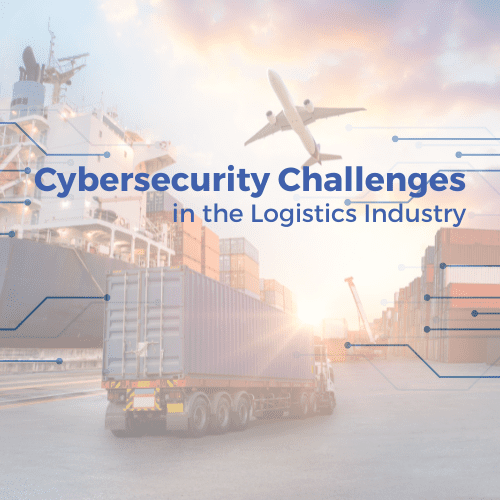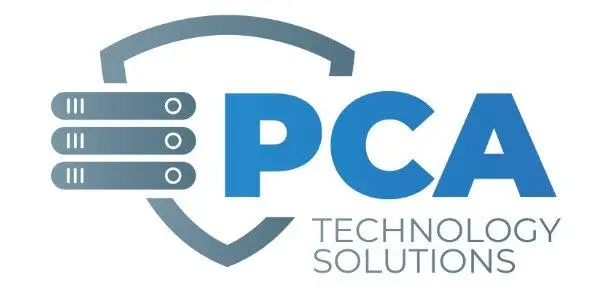Top Cybersecurity Challenges in Logistics Industry

Top Cybersecurity Challenges in the Logistics Industry & How to Address Them
The logistics industry is one of the most important sectors of the global economy. It is responsible for the movement of goods and materials around the world, and it plays a vital role in keeping businesses and consumers supplied. The importance of the industry was definitely highlighted by the supply chain disruptions during the Covid pandemic.
However, this vital industry is also facing a growing number of cybersecurity challenges.
These challenges are being driven by a number of factors, including the increasing digitization of the industry, the growing complexity of supply chains, and the increasing sophistication of cybercriminals.
Some of the key cybersecurity challenges facing the logistics industry include:
1. Ransomware Attacks
Ransomware is a type of malware that encrypts a victim’s data and demands a ransom payment in exchange for decryption. Ransomware attacks are a growing threat to the logistics industry, and they can have a devastating impact on businesses.
2. Data Breaches
Data breaches can occur when sensitive information is stolen from a logistics company’s computer systems. This information could include customer data, financial data, or trade secrets. Data breaches can damage a company’s reputation and lead to financial losses.
$9.4 Million
Average cost of data breach in 2022
3. Supply Chain Attacks
Cybercriminals can target the supply chain of a logistics company in order to disrupt operations or steal data. This could involve attacking the company’s transportation partners, its warehousing partners, or its suppliers.
4. IoT Security
The logistics industry is increasingly using IoT devices to track and monitor shipments. The Internet of Things is a network of connected devices that can communicate and exchange data over the internet. However, these devices can be vulnerable to cyberattacks. If a cybercriminal gains control of an IoT device, they could potentially disrupt operations or steal data.
These are just some of the cybersecurity challenges facing the logistics industry.
To mitigate these risks, logistics companies need to implement strong cybersecurity measures.
These measures should include:
1. Data security: Protect sensitive data from unauthorized access. This includes implementing strong passwords, using encryption, and regularly backing up data.
2. Network security: Secure computer networks from unauthorized access. Use firewalls, intrusion detection systems, and other security measures.
3. Employee training: Train employees on cybersecurity best practices. Teach employees how to identify and report suspicious activity.
4. Third-party Vendor Management: Establish robust vendor management procedures to ensure that third-party vendors and suppliers meet the same cybersecurity standards as your organization.
5. Develop a Cybersecurity Policy: Develop a comprehensive cybersecurity policy that outlines your organization’s security measures, protocols, and procedures.
6. Incidence Response Plan: Good plans contain the fallout from an attack: cost, client perception, and reputational damage. Great plans are regularly tested and will also save money.
By following these steps, logistics companies can help to protect themselves from cyberattacks and mitigate the risks to their businesses.
In addition to the above, here are some additional tips for improving cybersecurity in the logistics industry:
-
- Use multi-factor authentication (MFA) to protect access to sensitive systems and data.
- Keep software up to date with the latest security patches.
- Implement a robust incident response plan to quickly and effectively respond to cyberattacks.
- Monitor your network for suspicious activity.
- Partner with a cybersecurity firm to get expert advice and support.
By following these tips, logistics companies can help to keep their businesses safe from cyberattacks.
Need help?
It can often feel daunting to insure your company’s cybersecurity on your own. PCA Technology Solutions can be your Technology Coach and offer solutions to help protect your company. Contact us to ask how we can help.
